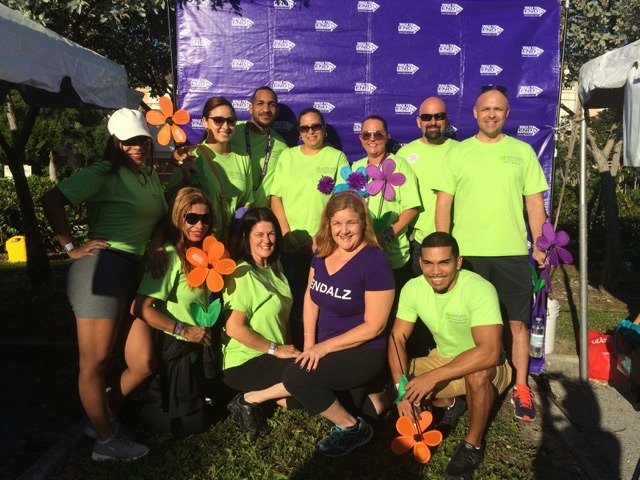We have all heard that a healthy diet and exercise are good for us: they can help reduce the risk of heart disease and diabetes as we age, and also keep us active and fit for longer. But there is also nothing more frustrating than trying to eat healthy, and always feeling hungry or wanting to snack.
There are certain foods to avoid for weight loss, because they can actually make us feel hungrier, and can cause a desire to snack, which is not good when we are trying to maintain a healthy weight.
1. Salt
Salt is one of the biggest culprits of overeating and appetite stimulation. Research suggests that salt acts like a mild opiate in the body, causing overeating and weight gain. Because it acts like an opiate, it can cause the brain to crave and withdrawal from salt, which causes us to fixate on wanting a salty snack. Salt also makes you feel thirsty, which can lead to people reaching for sugary sodas or fruit drinks to quench their thirst.
Alternative: Knowing that salt causes cravings and makes you want more, see if you can fix this problem by simply avoiding those salty snacks! Don't open the bag of salty chips or nuts, or don't even keep them in the house. If you have a salty meal, pair it with a protein to help cut the cravings, and drink water instead of a soda or juice.
2. Refined Sugar and Artificial Sweeteners
Refined sugars and artificial sweeteners such as fructose can wreak havoc on your body by causing inflammation and increased hunger. Why are sweet treats so bad for us? It's because when you eat artificial sugars and sweeteners, your brain's reward pathways are satisfied, meaning that you crave more sugar and don't feel full.
Alternative: Natural sweeteners such as honey, maple syrup, agave, and dates are a good way to sweeten things using natural sweeteners so that our bodies recognize when we are full. However, these still aren't the most healthy option and should be eaten as a rare treat.
3. White Flour
Refined flour (white flour) is devoid of nutrients, so you have to eat more of it to feel full. Things made out of white flour also have a high glycemic index which means that they are quickly digested and converted to sugar in our bodies, releasing a huge rush all at once. Studies show that increases in a certain substance in the body creates an increase in hunger, food intake, and enjoyment of sweet tastes.
Alternative: Try whole grains in your pastas and breads, and use almond or coconut flour as a substitute when baking. Whole grains have more fiber and nutrients and are more filling naturally. If you have to eat white flour, mix it with a protein, or some beans to promote fullness.
4. Alcohol
Alcohol is converted to sugar in our bodies, and alcoholic drinks are very high in calories, so why do you end up hungry after drinking them? One problem is that alcohol decreases your defenses. A study published in Health Psychology noted after drinking liquor, study participants lost their inhibitions, and ate more than they had planned.
Alternative: Try sparkling water or go for a wine spritzer to cut the alcohol content. If you do drink, make sure you don’t do it on an empty stomach, to reduce the chance you'll lose control and get "snack-happy"
5. MSG
A flavor-enhancer best known as a Chinese food additive, MSG is also found in other foods you’d never suspect such as chicken nuggets, processed meats, canned soups and more.
A study published in Obesity found that eating MSG may be associated with an increased risk of being overweight, independent of physical activity and total energy intake. Why? Another study suggests that MSG actually damages the brain's regulation of appetite.
Alternative: Ask at restaurants whether there is MSG in the food. Also, check ingredient labels on packaged foods. MSG may be listed as hydrolyzed protein, autolyzed yeast, glutamic acid and yeast extract, according to the FDA.
6. Processed Foods
Cakes, chips, pizza, chocolate. What do these have in common besides the fact that they are yummy? They often have a high glycemic load, which causes your blood sugar to spike and then crash. This crash makes people crave foods more intensely, especially high sugar and fat foods. Our brains also identify these foods highly in the pleasure center, meaning when we see these foods again, we are likely to crave them.
Alternative: Work on identifying foods that are less processed, but that you really like, such as mango with Greek yogurt. Then make sure you are eating regular meals, and allow yourself one or two snacks composed of these high-quality foods that you enjoy, so you don't feel deprived of tasty treats.
7. Juice
There is a lot of sugar in juice, so again, your blood sugar level goes way up and the crashes, leaving you hungrier than when you started.
Alternative: Eat the fruit whole so you get the nutrients and fiber, which are more filling.
Bottom Line
Overall, be aware of your cravings. Think before you eat. What are you in the mood for? Don’t just grab something. Are you in the mood for something hot or cold, crunchy or creamy? Don’t just stand in front of the fridge tasting things. Calories can really add up that way without you feeling like you had a satisfying meal.
If you need additional information, or would like to schedule a free in-home consultation to discuss your family's in-home care needs, contact us today at 1-844-505-0004. American In-Home Care refers qualified and compassionate care providers that can help with many services, including Companion Care, Personal Care, and Alzheimer's and Dementia Care.
_________________________________________________________________________________
Source: Levine, Beth "7 Foods That Make You Hungrier." Next Avenue. March 28, 2016.



